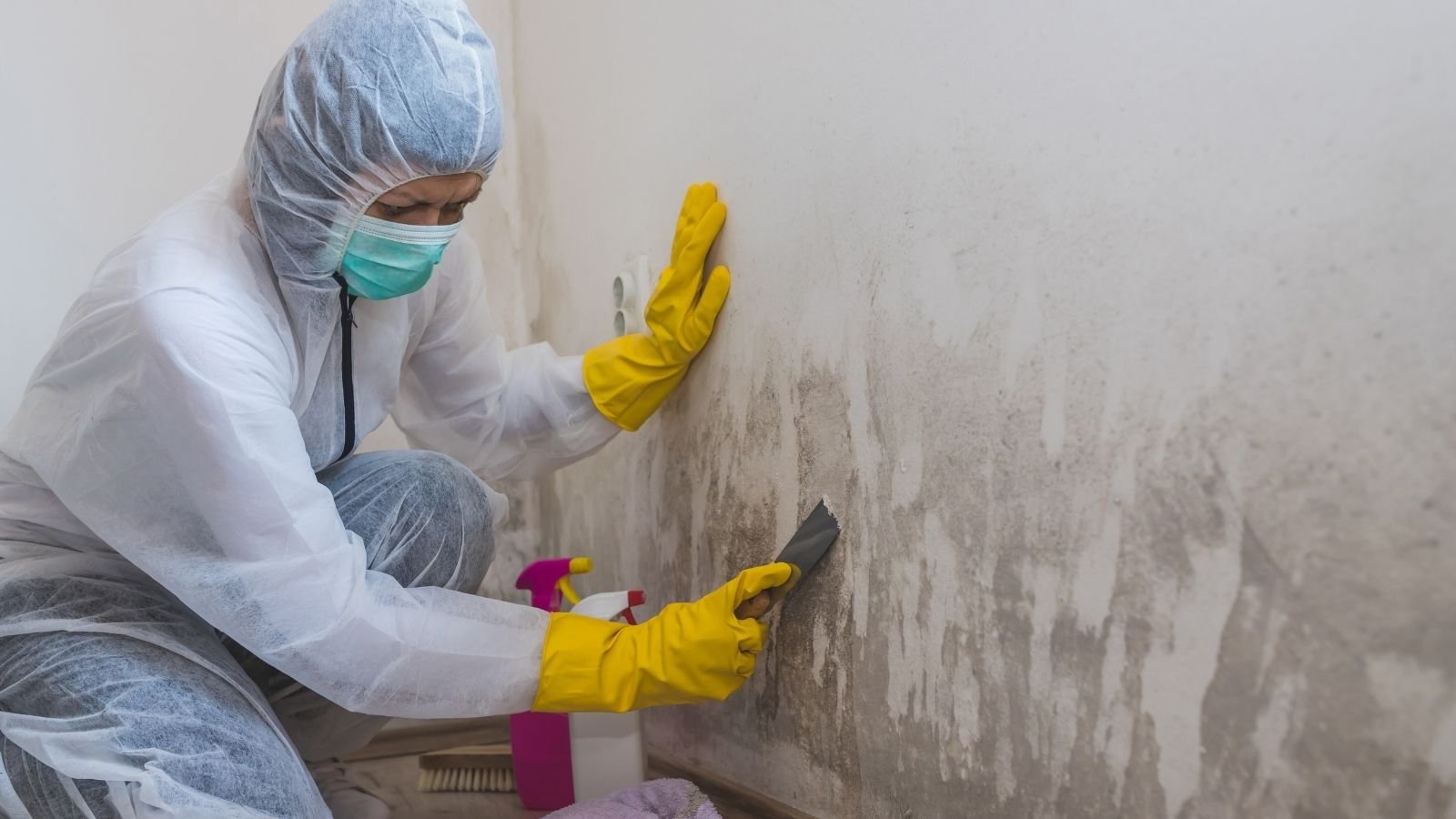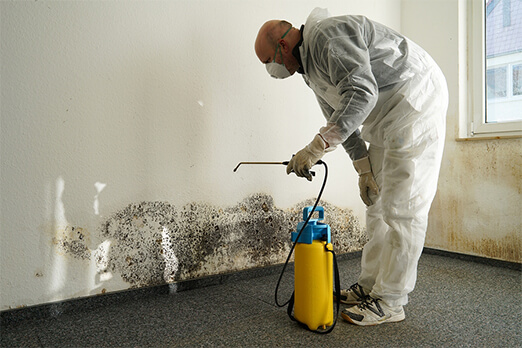Questions to Ask Your Mold Remediation Experts

Mold can be a serious issue in homes and businesses. If you suspect that you have a mold problem, it is important to contact a professional mold remediation company right away. These companies specialize in identifying and removing mold from buildings. It is important to ask the right questions to get the most out of your remediation project. In this blog post, we will discuss some of the most important questions to ask your mold removal experts.
Understanding The Licenses That Come With Mold Remediation: A license is proof that the company you have contacted for mold remediation is certified by the state or the national body to carry out mold remediation within the state. These licenses differ from state to state, and it is crucial that the company has one for the state you are working on. For example: in Texas, there are two types of licenses- Type I and Type II. If you have a small area to be remediated, you would need a Type I license, while for large areas, you would require a Type II license.
In California, on the other hand, there is only one type of license- The Mold Remediation Specialist License.
The Process Of Mold Remediation: This is a crucial question as it will help you understand what goes into the process and how long it might take. The first step is to identify the source of moisture that is causing mold growth. Once the source has been identified and fixed, the affected area is dried completely. After that, any remaining mold is removed and disposed of safely. The area is then cleaned with HEPA vacuums and treated with EPA-registered antimicrobial solutions to prevent future mold growth. Finally, the site is repaired and restored to its original condition.
Table of Contents
What Do All The Certifications Mean?
From Twitter to mold remediation, the race is to get certified. While certifications are always a good thing for any mold remediation company, it’s essential to understand what each certificate signifies. The two most well-known are the Environmental Protection Agency (EPA) and the National Organization of Remediators and Mold Inspectors (NORMI).
The EPA’s mold remediation guidelines are voluntary, so companies can choose whether or not to adhere to them. However, many experts feel that these guidelines are the industry standard. NORMI, on the other hand, is a non-profit organization that provides certification to mold remediation companies that meet their standards.
How Should You Prepare For Mold Remediation?
While the general steps to prepare yourself and your home for mold remediation is a standard procedure, things can differ depending on the company, scale of the operation, and the state you live in. A remediation expert will give you detailed information on preparing your home for mold remediation. For example:
-You will be asked to remove all items from the affected area
-Turn off all HVAC systems
-Cover or remove exposed food
-Seal off the area with plastic sheeting
Please ask your remediation expert if you have specific questions about what is required for your home.
Understanding The Costs Involved With Mold Remediation:

A major concern for any homeowners undergoing mold remediation is the cost. How much will it all come down to? The answer to that question largely depends on the size of the mold problem, as well as the severity. However, there are some basic questions you can ask your mold remediation experts to understand better what you might be facing in terms of cost.
-What is the scope of the mold problem?
-How large is the affected area?
-What is the type of mold?
-What is the level of contamination?
-How will the remediation process work?
-What are the potential risks involved with mold remediation?
-How long will it take to complete the process?
-What are the long-term effects of mold exposure?
What Are Some Things You Should Do After Mold Remediation?
After the remediation process is complete, it’s important to take proper steps to prevent mold from returning. While each situation is different, here are some general tips:
-Increase ventilation in the affected area
-Use an air purifier or filter
-Keep humidity levels low
-Repair any leaks or moisture problems promptly
-Monitor the area for signs of mold growth
-Regularly clean and disinfect areas prone to mold growth.
These are just a few questions you may want to ask your mold remediation experts. It is important to remember that mold remediation is not a do-it-yourself project. Removing mold without the proper training and equipment can worsen the problem. We could give several examples of people messing things up with DIY mold repairs. In addition to aggravating the problem, you also put yourself at risk for mold exposure, which can have serious health consequences. Mold remediation is a job best left to the professionals. Contact a mold remediation company for an assessment if you have a mold problem. They will be able to answer any questions you might have and ensure that things go off without a hitch.
